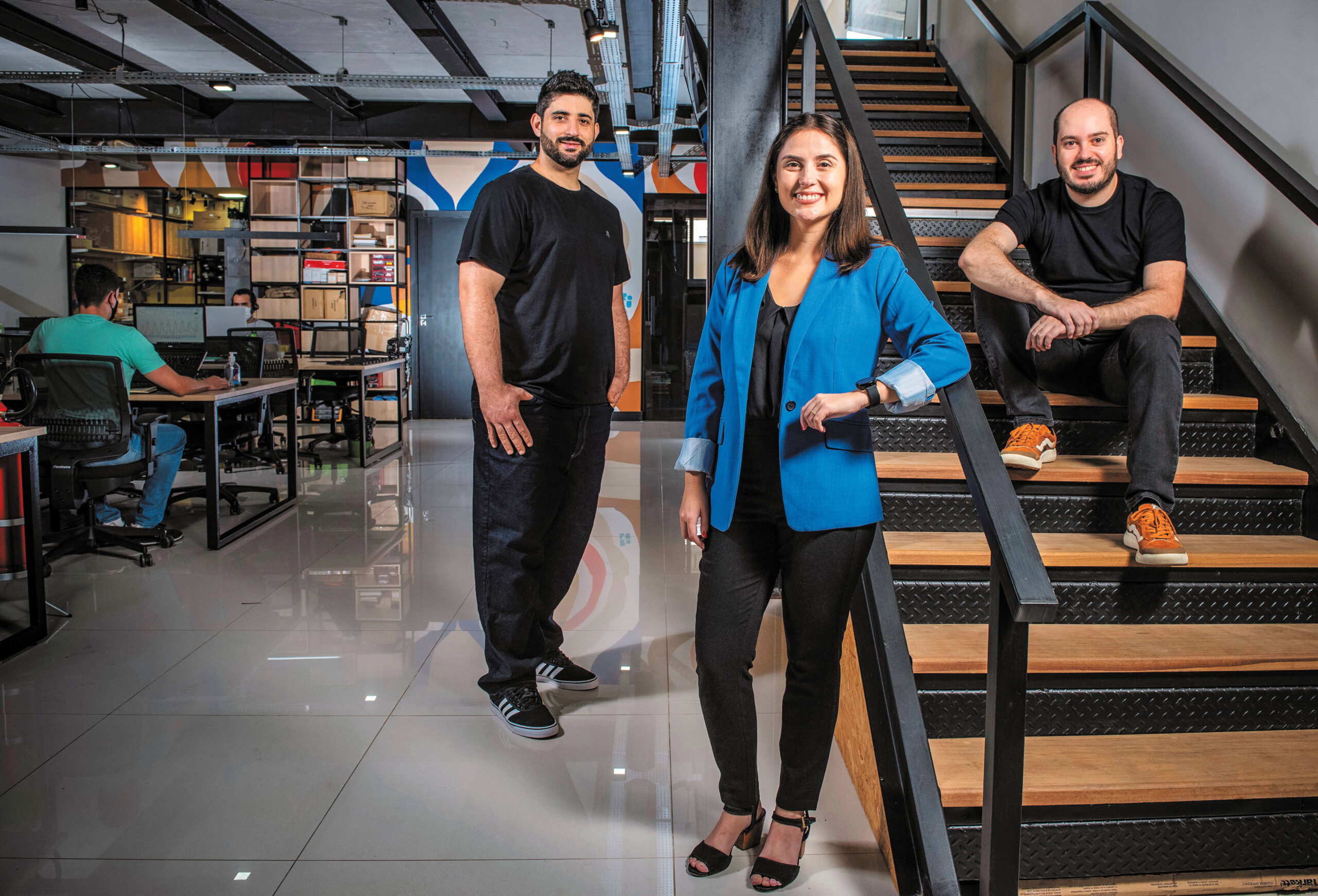On May 17, AS/COA hosted a Miami panel on the state of corporate sustainability in Latin America. Discussion centered on corporate sustainability as an integrated business strategy, collaboration between the private and non-profit sectors, reporting standards, and sustainability initiatives across the region.
Francisco Santeiro of FedEx explained that the company has long conceptualized a triple bottom line: people, planet, and profit. The company’s chairman, Fred Smith, actively promotes and engages in sustainability thinking with many of the initiatives coming from the top-down. Santiero highlighted Fedex’s ambitious CSR program, Earth Smart, which aims to reduce 20 percent of carbon emissions of the company’s ground fleet, as well as 20 percent of aircraft emissions by 2012.
Fedex’s history with sustainability dates back to the 1980s when Fedex faced noise pollution restrictions in several airports around the world. In response, the company developed a “hush kit” to incorporate onto aircrafts, which later became a product sold to other aircraft carriers. This early example of “doing good by going green” showed FedEx’s commitment to go beyond the integration of top-down initiatives, Santeiro said.
Stewart Lindsay from Bunge agreed on the integration of sustainability practices into corporate strategy, and called this a “fact of life.” For Bunge, a global agribusiness company, this comprises how the company approaches the market, its business, and future of the industry. Lindsay explained that Bunge’s CSR efforts included reputation, regulation, and physical factors.
Lindsay explained that reputation refers to public relations. He cited the latest Trust Barometer study by Edelman, which covers 25 different countries and showed a gap between the environmental stewardship people expect from businesses and what businesses actually deliver. For Lindsay, this signifies tension within the market and fosters a dynamic landscape where expectations from customers are a moving target. He said that customers are demanding greater corporate transparency and are evaluating the types of products that are being produced. Businesses must take this into account with their strategies. In a similar vein, Santeiro stressed that the need to incorporate sustainability as a business strategy comes not only from each company’s vision, but also from customer’s demands.
On the regulatory front, Lindsay noted some European governments have taken an active role and regulate carbon and energy in a way that affects the global supply chain. He mentioned two initiatives that have the ability to change the trade flows between Europe and Latin America: the European Union Renewable Energy Directive, which regulates the use of biofuels, and the greenhouse gas reduction thresholds on imports.
For Bunge, the physical approach to sustainability has a direct correlation between agro-products, environmental conditions, and available resources. Lindsay explained that the company gives special consideration to water scarcity, climate change, and rain pattern variation. Given the company’s array of network facilities, today’s evaluation of a 30- to 40-year investment has environmental implications. Bunge, like other companies, has set internal targets such as reduction of CO2 emissions, water usage, and absolute levels of waste. Maximizing sustainability efforts is a work in progress, Lindsay said.
Partnering with Non-Profits
Lindsay explained that collective opportunity stems from promoting sustainability through investments in resources, incentives, and market changes. The speakers agreed that discussing the efficient use of resources is an issue too broad for one company or one sector to address; consultancy groups and non-profits can also ensure best practices.
Santeiro noted that FedEx has established various partnerships with non-profits around the globe. The company works with EMBARQ—a group that implements environmentally and financially sustainable transport solutions—to promote sustainable urban transportation in Mexico. As part of the Earth Smart initiative, FedEx has collaborated with the Environmental Defense Fund and the Eaton Corporation to develop and incorporate energy efficient vehicles into the company’s fleet. He stressed the importance of Fedex’s partnerships with non-profits, noting that reducing traffic and congestion benefits both company operations and the planet.
In addition, FedEx uses both top-down and bottom-up approaches. One example of a bottom-up approach is a recycling program started by employees in Brazil for their office buildings. Part of this initiative includes posting results internally to measure efficacy, along with donating the profit of the recycled products to local charities. This issue of measurement is the next frontier for sustainability that will push companies to “delve deeper,” according to BSD Group’s Beat Grüninger.
For Bunge, non-profit collaborations have focused on issues of post-consumer recycling as well as environmental education. One of the company’s projects included a partnership with Conservation International in Brazil, educating farmers on best practices along with resource availability issues. Bunge also partners with local governments on issues of community engagement, food security, and environmental awareness.
Improving Reporting and Disclosure
Grüninger noted that Brazil has been a leader in the corporate sustainability movement. In the lead-up to the UN Conference on Sustainable Development in Rio de Janeiro, Brazil ranks as the sixth largest global economy, boasts an excellent growth rate, and leads Latin American sustainability initiatives. With the upcoming 2014 World Cup and the 2016 Olympic Games, the country aims to win a “gold medal in sustainability,” he said.
Sustainability reporting practices in Brazil can be traced back to the initiatives on corporate social responsibility led by the Ethos Institute in 1998. Currently, the members of the Ethos Institute account for more than 30 percent of the country’s GDP, including large corporations like Bunge, FedEx, and Natura Comesticos as well as major banks like Banco Santander and Banco Caixa Geral. Grüninger added that major Brazilian corporations take part in the Business Magazine Sustainability report and Best Corporate Practices report. Seven Brazilian companies are listed in the Dow Jones Sustainability Index, while China and India each have only one company listed.
Despite the increase in corporate disclosure and reporting of sustainability targets, Grüninger and the other panelists agreed that companies have to do more, since the single accumulation of data without proper analysis is not enough. The next step is to fully audit and analyze the data, which will help modify the existing business model.








